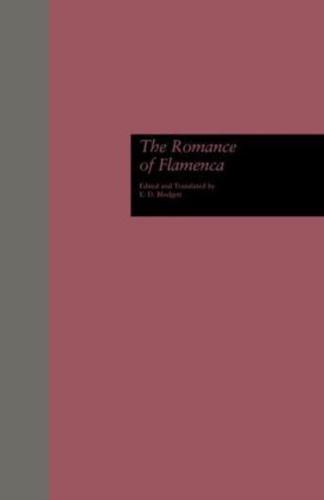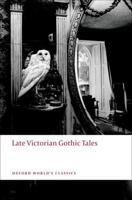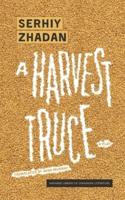Publisher's Synopsis
Variously described as a comedy of manners, a psychological romance, and a type of fabliau, the 13th-century narrative Flamenca is the best medieval romance written in Occitan. Its uniqueness springs from qualities that anticipate the preoccupations of modern-day narrative. Not content with being a love story fraught with risk and intrigue, the poem is layered with responses to the troubadour tradition of love and poetry, as well as the Bible and the classics. Though among the most bookish of romances, its tone is invariably ironic, comic, and satirical. This playfulness may be measured by the variety and vehemence of critical response to the poem. Is it a vindication of the troubadour ideal, a mockery of the Church, a satire on jealous husbands, or an undermining of the ideals that romance is said to inscribe? Or is it all of these elements held in suspense? The introduction confronts these questions. The most recent edition and translation of Flamenca , by Hubert and Porter, is now out of print; their translation was into octosyllabic couplets that match the original. Blodgett's translation is unrhymed and line-for-line, on pages facing the edition; it adhers as closely as possible to the literal meaning of the original. The edition follows the recent text prepared by Gschwind.








